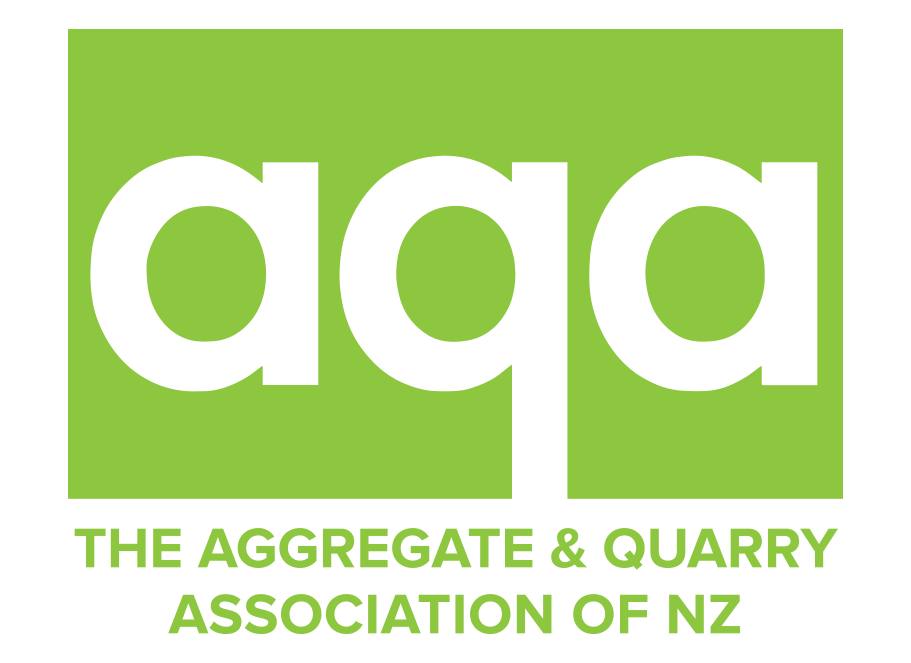The quarry industry says it will work with Government agencies to remedy policies which a NZ Infrastructure Commission Te Waihanga study says make it harder to access the aggregate needed to meet growing demand.
Aggregate and Quarry Association (AQA) CEO Wayne Scott says Te Waihanga’s Infrastructure Resources Study identifies all the policy roadblocks which have seen no new quarries developed in Auckland in seven years despite huge population growth which demands aggregate for infrastructure and affordable housing.
“This study suggests because about a third of its aggregate comes in from other regions, Auckland’s building costs may be up to 1% higher than they need to be, let alone the congestion and carbon emissions unnecessarily created.”
Wayne Scott says the study identifies Wellington and other regions are also impacted by the lack of new quarries and challenges in getting resource consent renewals and extensions for existing quarries.
“Te Waihanga rightly observes Transmission Gully has caused scarcity of supply in Wellington because there was no planning for aggregate supply and no new quarries were developed to feed this mega-project, while ensuring local demand was met.”
The study says a number of government policies are making it harder for industry to increase aggregate production. One example is the National Policy Statement on Freshwater Management, which has threatened aggregate supply by putting the brakes on several potential quarry extensions and developments where areas of wet pasture, now classified as natural wetlands, exist.
Te Waihanga recommends the Ministry for the Environment work with the AQA, local authorities and other stakeholders to develop a national direction for quarrying to secure critical resources and remove any unjustified variations in how resource consents are assessed and/or conditions applied.
Wayne Scott says the AQA is already working with MfE and welcomes the Te Waihanga recommendation that they jointly develop a best practice quarry consent application template.
“This is a critical interim step to ensure timely approval of resource consents for quarry extensions or renewals essential for the supply of aggregates into infrastructure, climate change mitigation, affordable housing, and natural disaster repairs.
“If we want roading and building projects around the country to continue, the roadblocks to supply have to be quickly removed or we will see prices go sky high.”
The study says Statistics New Zealand estimates that input costs for infrastructure projects for materials including aggregate and concrete can be about 30% of the total and as high as 70%.
Wayne Scott says the AQA also backs the recommendation for mandatory annual reporting by all aggregate quarries rather than the current voluntary reporting.
“At present with some unreported production, we estimate that New Zealanders use around 50m tonnes a year or a 10-tonne truckload each, on average. If all production was known it’d help councils and Government agencies involved in infrastructure as well as the industry.”
He says one of the most important recommendations of the Te Waihanga report was that local authorities should each do resource scans as part of their long-term planning process
“As the study identifies, the AQA did some work with GNS and the Opotiki council which helped provide alternative, less costly supplies of rock and aggregate to make the district’s new harbour development viable.
“If councils around the country began identifying their hard-rock resources – and roped them off to support future growth – a lot of the tensions with residential development encroachment could be avoided.”
Wayne Scott hopes the recommendations in the study can be implemented at speed because he says the alternative is increasingly short supplies of aggregate, rapidly rising prices, and increased carbon emissions impacting on every New Zealander.
Contact: Wayne Scott, CEO Aggregate and Quarry Association – 021 944 336



